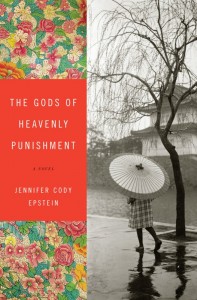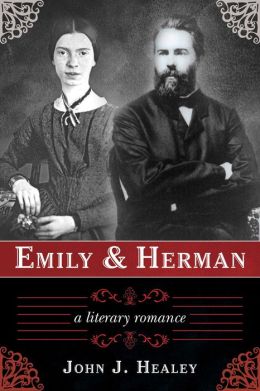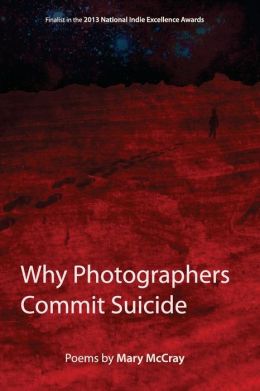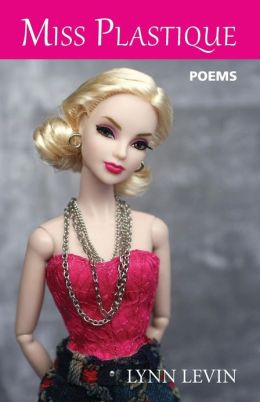
Paperback, 96 pgs.
I am an Amazon Affiliate
River House: Poems by Sally Keith is a collection where absence becomes palpable, and it is clear that this is a very personal collection as the narrator’s focal point is the loss of a mother. Keith lost her mother and this collection will speak to those who are dealing with the depths of grief, or in fact, not dealing with it well. Grief is one of the most devastating emotions, and it can take months and years to deal with, particularly if the loss is one so central to one’s identity and world. The river house is a place the family vacationed with their mother, and it’s a place that even being shared with others would not have the same meaning because it was a place filled with the mother who is no longer living.
From 5.
That spring I was in France my mother spent alone
At the house on the river caring for her father who was dying.At high tide the road in is swallowed, making the house an island.
Hard to describe, but the walls are thin, it isn’t easy getting through storms.
Grief is indeed a storm, with waves of anguish and loss hitting a person at varying intervals, leaving them awash in a sea that is unpredictable and hard to navigate, keeping one’s head up. Within the grief, the narrator is attending workshops and going through the day-to-day of a life without her mother. In “6.,” the poem speaks of life as a journey of “being in another,” and the narrator speaks to Inma about loss, and Inma’s response is that “life is not sad,” leaving the narrator to “feel the effort in her turning.” That effort is twofold, the effort of providing advice Inma knows not to be entirely true and the effort of hiding the grief that can still overwhelm her, even long after the loss has occurred.
Keith’s poems have a powerful quiet, a storm that lies beneath the surface, much like the storm many of us can sense beneath a person’s facade at funerals and wakes — like there is one word that could trigger the worst of it to burst forth in an uncontrollable torrent. In “17.,” the narrator views a collage sent from Inma, pondering how different it is to look at the storm of images, a near disarray made beautiful with life. In many ways, it is the nearest imitation of life that there can be, unlike a single photo or poem that depicts a paused moment of motion.
From 31.
“Between the way things used to be and the way
they were now was a void that couldn’t be crossed.”
River House: Poems by Sally Keith pays homage to the past and recognizes that life continues on past the traumatic moments of our lives. It doesn’t mean that those lives did not matter, it just means that how they mattered is not as visually present as it used to be.
Rating: Cinquain

Sally Keith is the author of two previous collections of poetry: Design, winner of the 2000 Colorado Prize for Poetry, and Dwelling Song, winner of the University of Georgia’s Contemporary Poetry Series competition. Her poems have appeared in Colorado Review, A Public Space, Gulf Coast, New England Review, and elsewhere. Keith teaches at George Mason University and lives in Washington, DC.



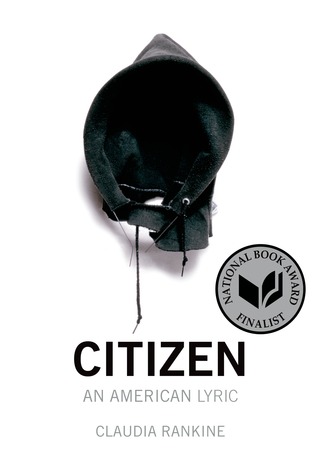

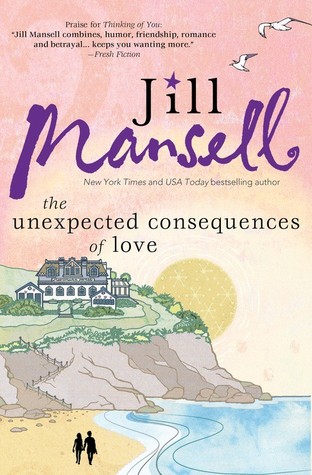

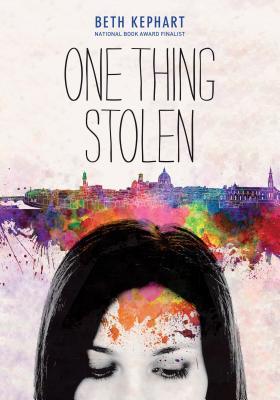

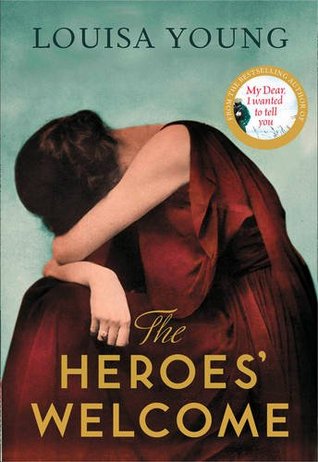
 8. Intermezzo: A Pride & Prejudice Variation by Abigail Reynolds from the author.
8. Intermezzo: A Pride & Prejudice Variation by Abigail Reynolds from the author.

 The Fact of the Matter by Sally Keith, published by Milkweed Editions on 100 percent post-consumer waste paper and who will be at the 2013 Gaithersburg Book Festival) allows nature to run rampant through the poems, lifting up the reader and at the same time opening the door to reality. While we strive to compartmentalize our lives to the before, during, and after of pivotal moments, the reality is that these moments are not separate and cannot be separated. This analytical approach to our very journeys runs contrary to the emotional and experiential ways in which we live. The struggle between the logical part of the brain and the emotional part can be seen in every poem, but it is particularly pronounced in the poems “Providence,” “Knot,” and “Crane.”
The Fact of the Matter by Sally Keith, published by Milkweed Editions on 100 percent post-consumer waste paper and who will be at the 2013 Gaithersburg Book Festival) allows nature to run rampant through the poems, lifting up the reader and at the same time opening the door to reality. While we strive to compartmentalize our lives to the before, during, and after of pivotal moments, the reality is that these moments are not separate and cannot be separated. This analytical approach to our very journeys runs contrary to the emotional and experiential ways in which we live. The struggle between the logical part of the brain and the emotional part can be seen in every poem, but it is particularly pronounced in the poems “Providence,” “Knot,” and “Crane.”
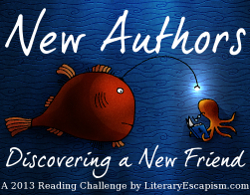


 2. Pain, Parties, Work by Elizabeth Winder for
2. Pain, Parties, Work by Elizabeth Winder for 